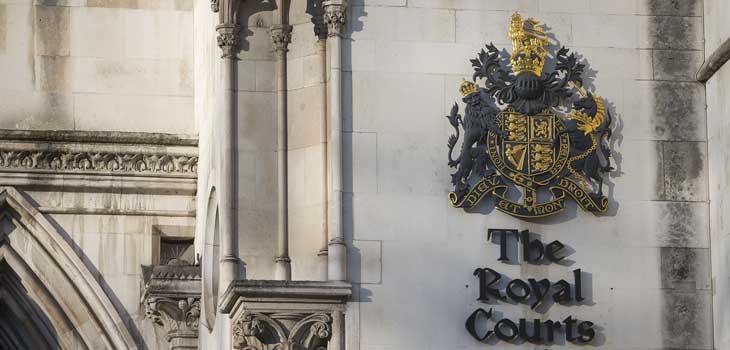
- Whether or not a defendant’s acquittal in a criminal trial can adversely affect a claimant’s prospects of successfully bringing a civil claim against them in the High Court.
Considering recent developments in civil recovery cases, an important question arises as to whether a defendant’s acquittal in a criminal trial can adversely affect a claimant’s prospects of successfully bringing a civil claim against them in the High Court. Hitherto, it was thought that an acquittal would not have any impact whatsoever, but some cases in the European Court of Human Rights (ECtHR) have now muddied the waters.
The issue
It is uncontroversial that civil proceedings can follow criminal proceedings on similar facts and evidence, whether in the form of civil recovery or private civil actions. However, difficulty may arise when civil proceedings are pursued on the same grounds as gave rise to a criminal acquittal. The central









